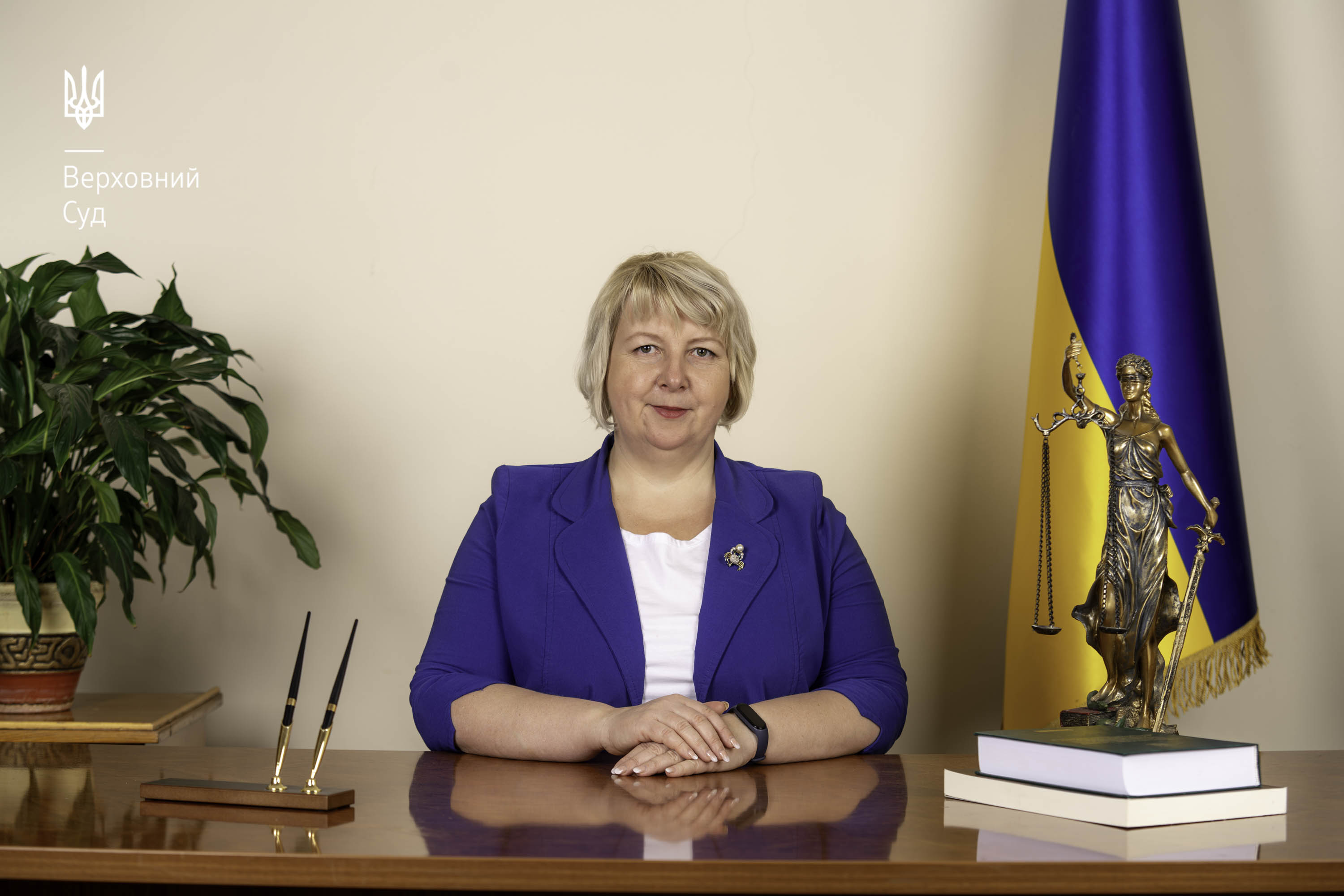Contact center of the Ukrainian Judiciary 044 207-35-46

During this extremely challenging and important time for our country, Ukraine’s judicial system continues to improve in order to enhance the effectiveness and transparency of its activities and ensure compliance with international standards. All efforts are aimed at strengthening the rule of law and increasing public trust in the judiciary. In this process, civil society plays a vital role, as its representatives conduct independent monitoring of court proceedings.
This was emphasized by Vice President of the Supreme Court Oleksandr Mamalui in his welcome address to participants of a training course for civil society representatives on the development and implementation of court monitoring programs in line with international standards. The training is being held within the framework of the project “Safeguarding human rights through courts, Phase II,” implemented by the OSCE Support Programme for Ukraine, using methodology developed by the OSCE Office for Democratic Institutions and Human Rights (ODIHR).
Oleksandr Mamalui noted that public monitoring of court proceedings is an effective tool for obtaining objective information about how justice is administered and for evaluating the overall performance of the judiciary. Such monitoring helps identify priority areas for the further improvement of judicial processes.
“The judiciary recognizes the importance of court monitoring by civil society representatives as one of the key mechanisms for enhancing justice sector performance. I am confident that the knowledge gained during this training will help initiate, plan, and implement various monitoring programs, making a meaningful contribution to the further development of the judiciary,” the Vice President of the Supreme Court affirmed.

Judge of the Supreme Court in the Criminal Cassation Court, Svitlana Yakovlieva, also joined the discussion within the framework of the training. She emphasized that independent monitoring is necessary and beneficial for the judiciary itself. The presence of observers in the courtroom, she noted, has a disciplining effect on both judges and the parties to the proceedings, promoting adherence to legal norms. At the same time, she stressed the importance of professional training for those conducting monitoring. A superficial interpretation of court decisions or a technical count of granted or dismissed motions can lead to erroneous conclusions about judicial bias. The judge emphasized that it is important for monitoring not to be perceived as a form of pressure on the court but rather as a constructive mechanism for interaction.